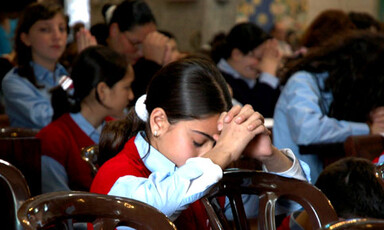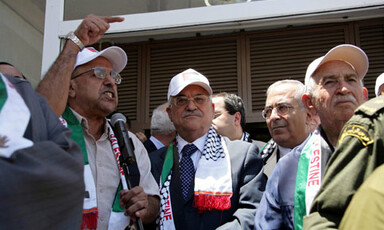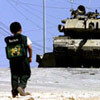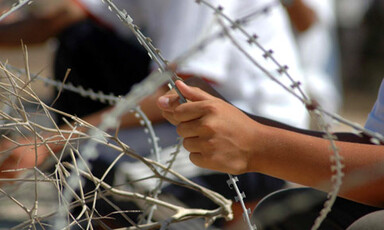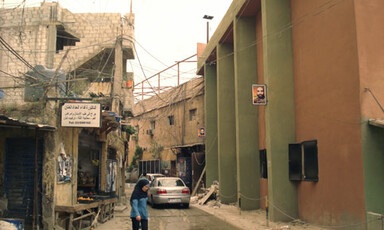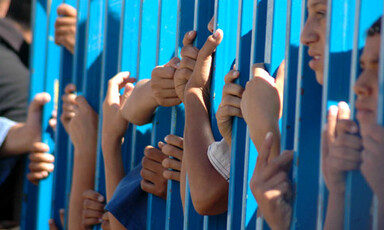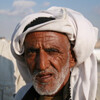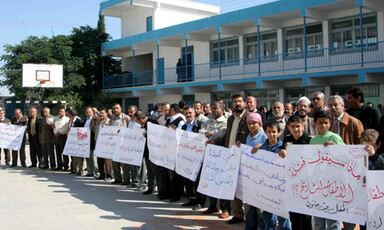
The ivory tower behind the Apartheid Wall
25 July 2007
In the last few weeks, university presidents across the US and Canada have rushed to issue statements about the proposed boycott of Israeli academic institutions by the British University and College Union. They view this boycott as a serious violation of academic freedom. Yet, given the general failure of these leaders to comment on any number of infringements of academic freedom that have occurred in recent years, one might be excused for concluding that university presidents prefer to remain above the political fray and reserve their office for grave and important but non-controversial pronouncements on tsunamis. Read more about The ivory tower behind the Apartheid Wall
